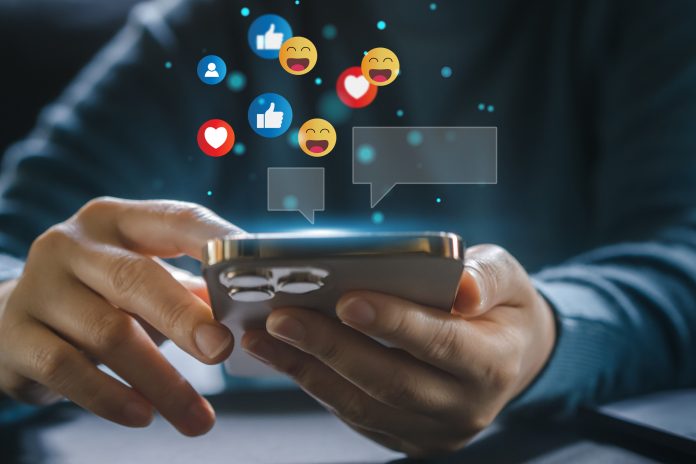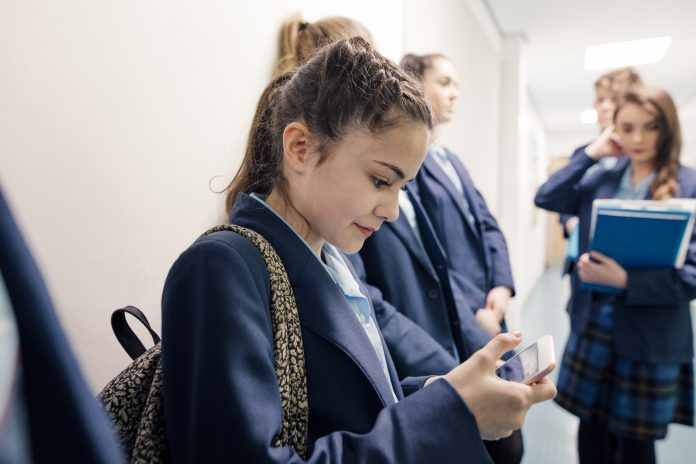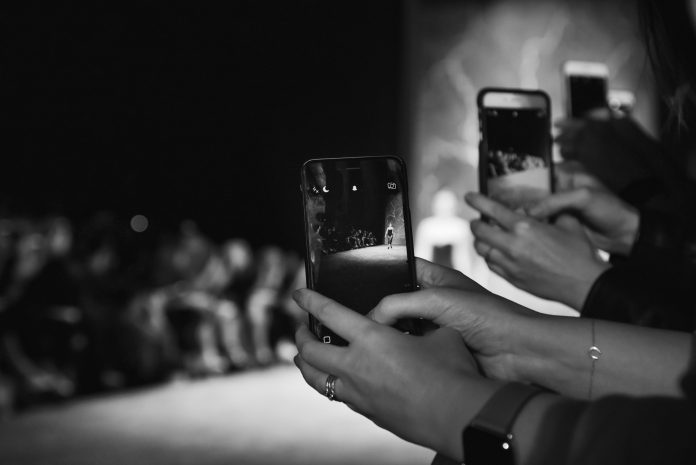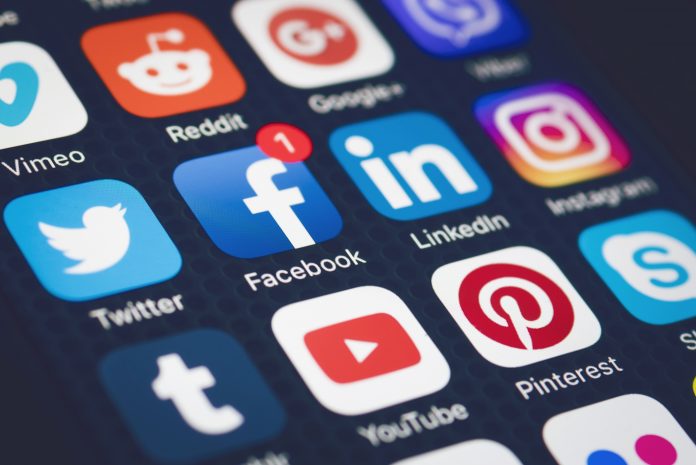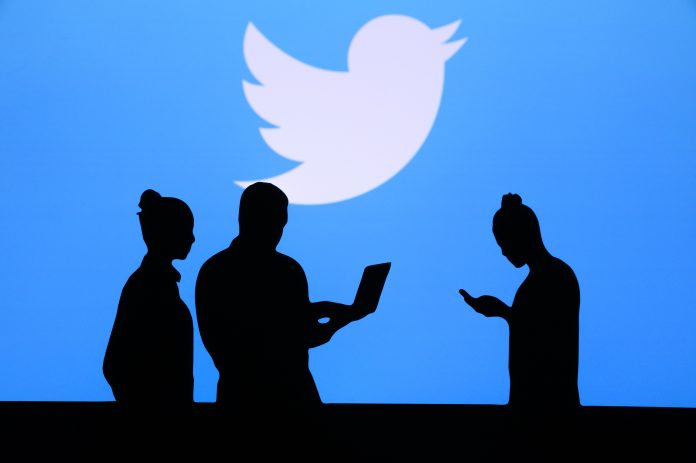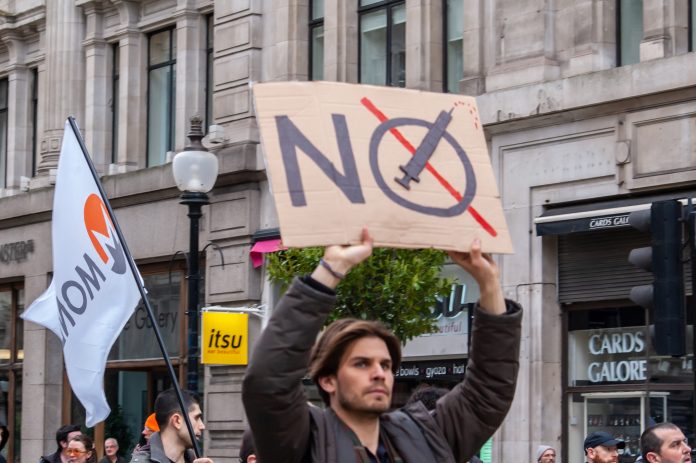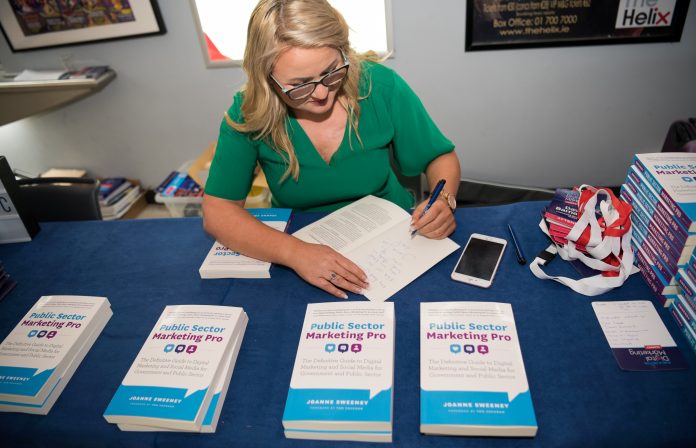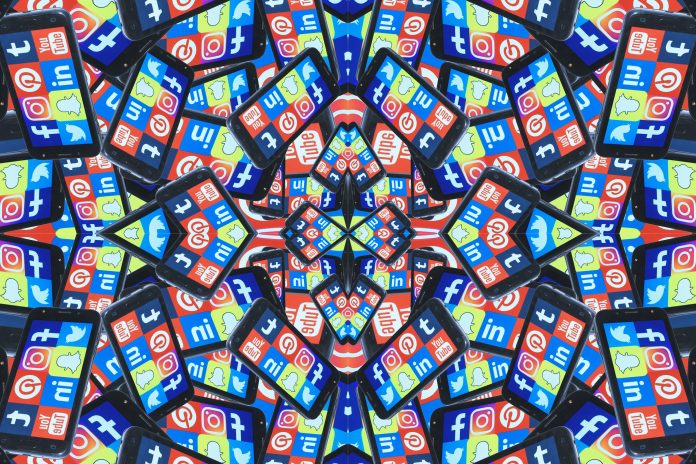Open Access Government produces compelling and informative news, publications, eBooks, and academic research articles for the public and private sector looking at health, diseases & conditions, workplace, research & innovation, digital transformation, government policy, environment, agriculture, energy, transport and more.
Home Search
social media - search results
If you're not happy with the results, please do another search
Detoxification: The science behind social media claims of detox health benefits
Jessie R. Badley and Pamela J. Lein from the University of California, Davis, explain the science behind detoxification and the claims of detox health benefits in social media and the deception associated with it.
Social media through the decades: Study on nostalgia and memories
In the ever-evolving landscape of social media, a decade-long study by the University of Gothenburg and University West delves into the profound impact of nostalgia and memories on the online experiences of eleven active users.
The impact of body image and social media youth on sports participation
Research from Nemours Children's Health presented at the 2023 AAP Conference reveals that body image and social media influence, gender biases, and coaching styles are prompting young athletes to abandon sports.
Concerns rise about overuse of social media as kids return to school
As students prepare to re-enter school, two prominent concerns loom larger in parents' minds: the pervasive influence of overuse of social media and the internet on their children.
Social media platform X sues nonprofit fighting hate speech
Elon Musk's social media platform, X (formerly Twitter), filed a lawsuit against the Center for Countering Digital Hate, alleging false claims and data scraping.
Should the national curriculum include teaching social media in schools?
Social media entrepreneur Ryan Williams advocates for teaching social media in schools to inform young people of both the risks and opportunities presented by online platforms.
Improving local government social media strategy
While many UK local authorities have a presence on Facebook and Twitter, improving local government social media strategy is vital to boost user engagement.
Using social media to track internal displacement in Ukraine
What happened to the displaced and vulnerable populations who remained inside Ukraine after the war? Researchers look to social media to track displacement in Ukraine.
Negative sentiments on social media influence vaccine hesitancy
Research examining Twitter opinion about vaccines shows that social media is a considerable factor influencing vaccine hesitancy.
Seven-day social media break can reduce depression and anxiety
While the negative side effects of scrolling through social media are well-known, social media breaks have been proven to change mental health outcomes.
Social media “influence” accelerates fast fashion culture
Fast fashion culture, though widely disapproved of, is still on the rise as social media companies use it as a marketing ploy for adolescents.
Boys and girls feel negative effects of social media, at different ages
Girls experience social media use effects often at 11-13, whereas boys experience this later at 14-15 – adolescents who use social media more have a lower life satisfaction.
Social media is being used by teens to share images of self-harm
The University of Georgia shows the dark and dangerous way in which many young people are using social media platforms to share images of self-harm.
UK’s Chartered Institute for IT calls for social media to verify users’ ID
BCS, The Chartered Institute for IT has called for social media platforms to verify users' ID in order to end online abuse following the racist comments towards England players after the Euro 2020 final.
Social media data for social and behavioural research
Guangqing Chi and Junjun Yin from The Pennsylvania State University discuss how social media data has become a gold mine of information for both academic and non-academic use.
Social media users more likely to believe COVID-19 conspiracy theories
A study by Annenberg Public Policy Center (APPC) researchers has found that users of conservative and social media are more likely to believe COVID-19 conspiracy theories.
Artificial Intelligence examines COVID misinformation on social media
A Northwestern Medicine study used Artificial Intelligence to analyse tweets and figure out how COVID misinformation on social media can erase scientific truths from public awareness.
2021 social media trends for government and public sector
Joanne Sweeney, Chief Executive Officer of Public Sector Marketing Institute, shares the top three social media trends for 2021 that relate to government and public sector specifically.
Schools should discuss social media with students
Unsah Malik, social media professional, gives her opinion on why schools should be addressing social media with students instead of ignoring it.
Social media is harming young people’s wellbeing
myGP have been researching the ways in which social media is harmful to young people's wellbeing. Here, they explore how simple awareness can help to combat these mental health issues.


